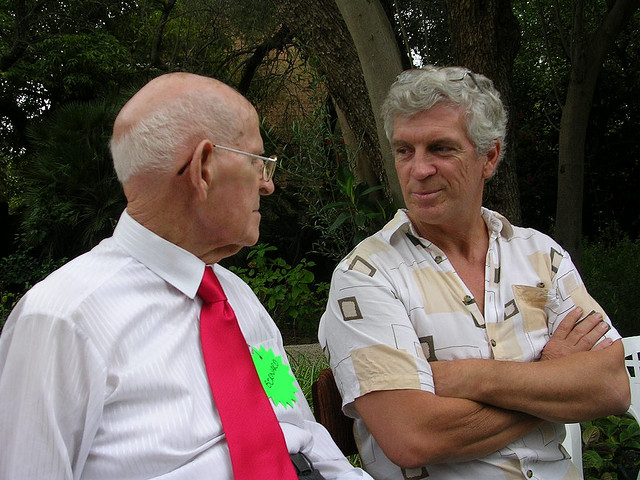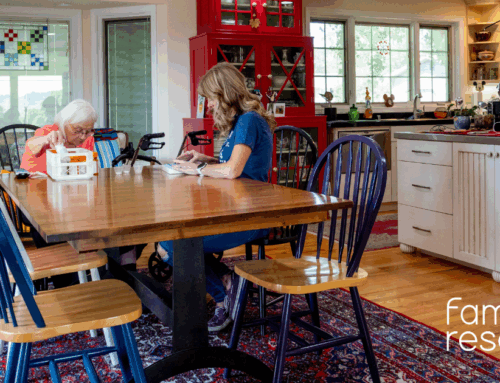“90% of people say that talking with their loved ones about end-of-life care is important, but only 27% have actually done it,” states the website of The Conversation, an organization “dedicated to helping people talk about their wishes for end-of-life care.” The mission of the organization is to help people think about and communicate their wishes “at the kitchen table ― not in the intensive care unit ― before it’s too late.” The organization is an interesting one with a number of thoughtful stories, resources and downloadable suggestions concerning the subject of end of life care. I urge you to take a look.
When most people talk about having “the conversation” with an elderly friend or family member, they think about wills, estate planning, assigning powers of attorney, and health care directives. These are critical to be sure. But as important as they are, another part of the conversation should begin with the older family member asking themselves, “how do I wish to live?” A different question than “how do I wish to die?”
How Do You Want to Live?
“My family knows what I want” is a common reason that older adults haven’t had a conversation about these issues. So before, or at least along with the death and dying piece, perhaps you ― the older family member ― might start with thinking about what you want your life to look like in your latter years. This conversation can be just as hard as the other, as family and friends may have very different ideas than you, and it may be difficult to imagine the various scenarios that may occur. To help get the conversation started, here are a few questions to think about:
- If I need help caring for myself, do I have the necessary funds?
- What will I do if I can no longer drive?
- Where do I want to live if I can’t care for myself any longer?
- Is it important to me to live near a specific family member or friends?
- What if my spouse needs care – am I up to the task?
- What about the reverse; would my spouse care for me?
The point is, as the literature says, having a conversation and asking the questions is an important step in being prepared for the future as you age. And when should this conversation take place? As soon as you want the peace of mind that comes with your family members and close friends knowing what you want your life ― and death ― to look like.






